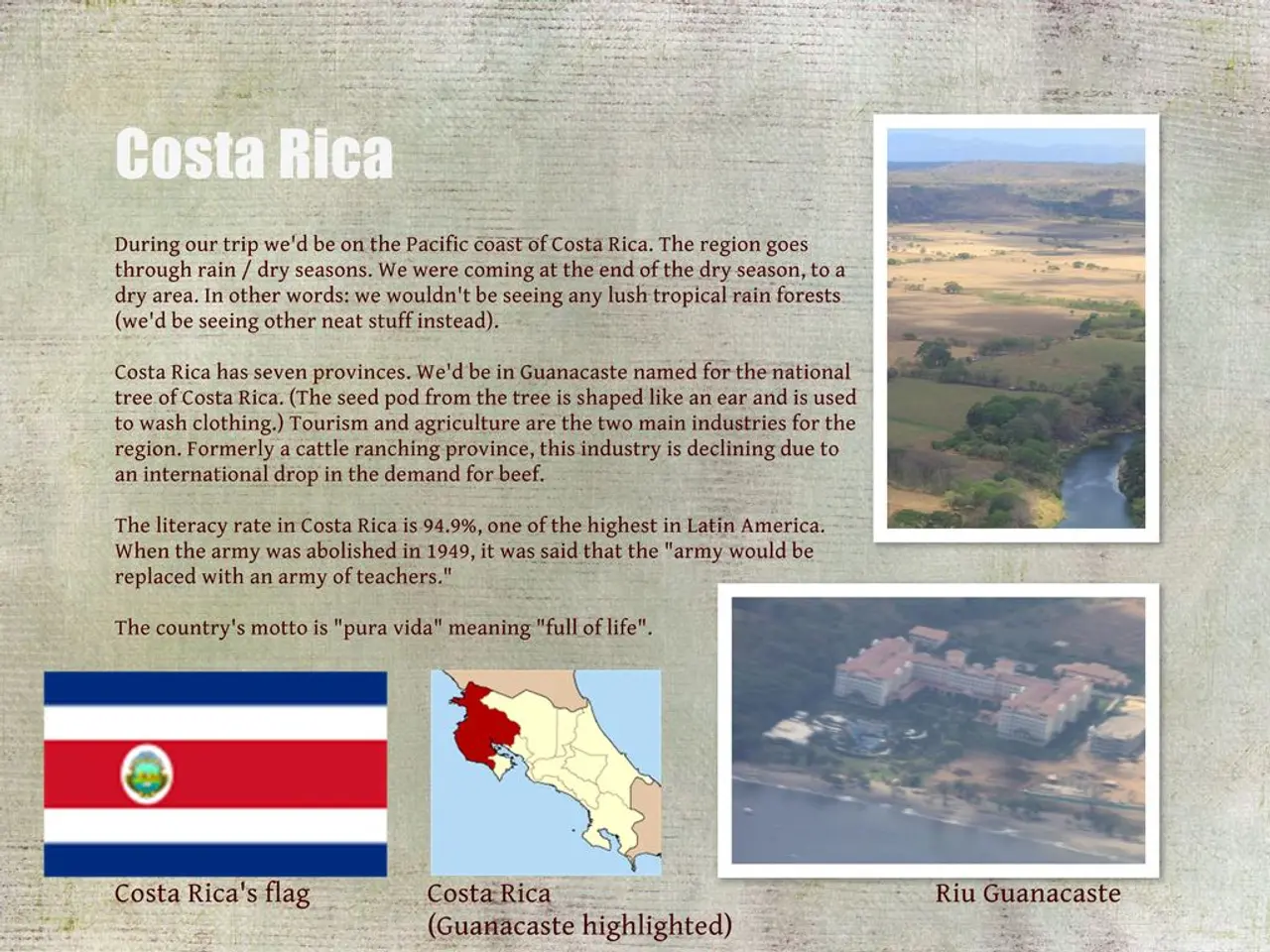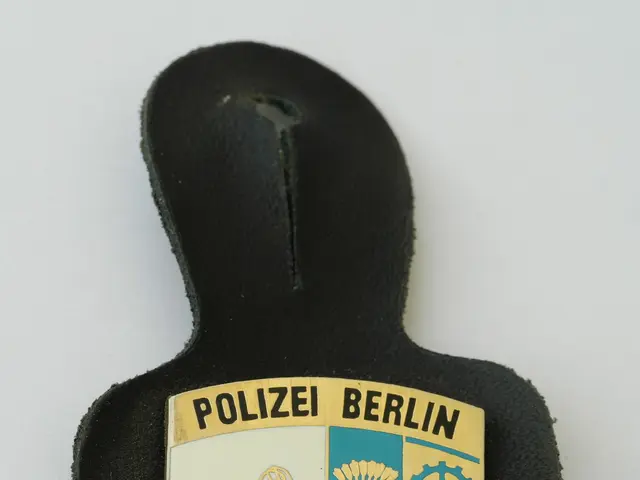Guarantee the autonomous status of Ecuador's Constitutional Court, urges United Nations' human rights envoy
In the heart of South America, Ecuador's Constitutional Court is grappling with a critical threat to its independence. This threat, orchestrated by high-level officials including President Daniel Noboa, is manifesting as political interference, intimidation, and public vilification.
The recent developments have raised serious concerns about the impact on judicial independence, the rule of law, and human rights protections in Ecuador.
On August 4, 2025, Ecuador's Constitutional Court provisionally suspended key elements of laws promoted by President Noboa, citing possible violations of fundamental rights under review for constitutionality. In response, President Noboa led a large protest march on August 12, targeting the Court and its judges, displaying signs calling them “corrupt judges” and accusing them of “stealing peace.”
The protesters also removed the Court's security fences, and military personnel were unusually present at the Court premises. High-ranking government officials, including the Minister of Government, publicly labeled the Court as an “enemy of the citizenry,” exacerbating pressure and undermining judicial independence.
The direct political and public attack on the Constitutional Court and its judges threatens to undermine the separation of powers and the judiciary’s ability to operate independently and free from external pressure. The Court’s security and the personal safety of its judges are at risk due to threats, intimidation, and stigmatization.
The pressure risks chilling judges’ willingness to make impartial decisions, thereby endangering the protection of fundamental rights and constitutional guarantees. This situation comes amid broader political moves such as the elimination of Ecuador’s Environment Ministry, which centralizes power and affects Indigenous and environmental rights, linked to controversial court cases on Indigenous consultation rights.
Margaret Satterthwaite, UN Special Rapporteur on the Independence of Judges and Lawyers, has expressed deep concern over the interference and called on Ecuadorian authorities to cease actions and statements undermining judicial independence and to protect the Court and its judges against reprisals and public vilification. The Special Rapporteur emphasized the necessity for all government branches to respect and comply with the Court’s rulings to uphold the rule of law.
International and Indigenous rights advocates remain vigilant, noting that these developments imperil Indigenous rights litigation pending before the Court, such as those challenging illegal extractive projects without proper Indigenous consultation.
The situation in Ecuador underscores the importance of upholding judicial independence and the rule of law, not only for the protection of judges but also for the safeguarding of fundamental rights and constitutional guarantees.








